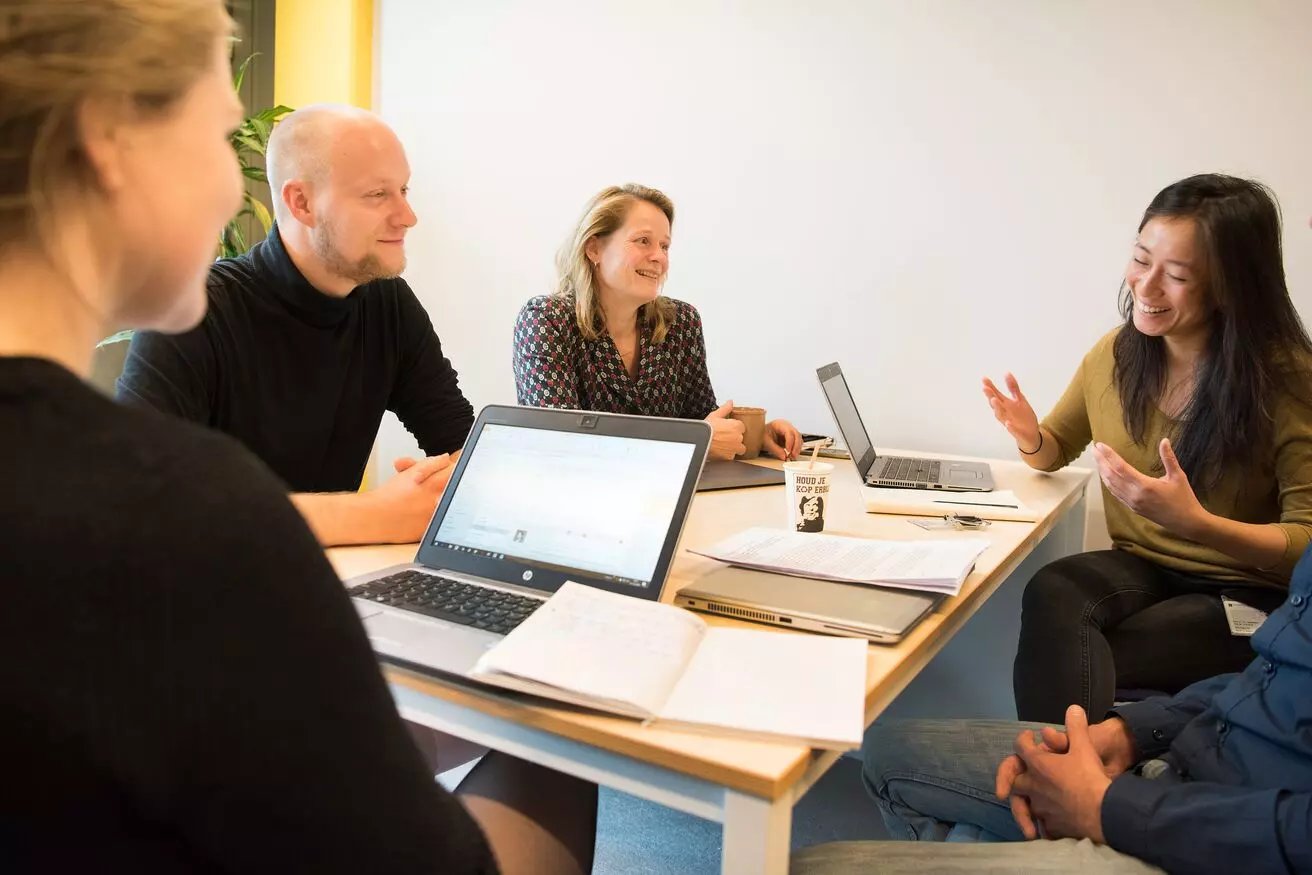Not found

More vacancies

2 PhD Positions in ConSOLIDATe Project on Light-induced Degradation
- Faculty of Science
- €2.901 - €3.707
- Closes on25-06-2025
- Master's
- 38 hours
Interested in studying light-induced degradation of materials used in art, pharmacy or as protective coatings in a diverse and international team? Within the ConSOLIDATe project, headed by professor Maarten van Bommel and jointly caried out at two universities (University of Amsterdam and de Vrije Universiteit, Amsterdam), we have two open PhD positions on the development of new analytical techniques for studying material degradation in solution and in solid phase.
View vacancy

Assistant Professor Conservation of Archaeological Materials with special focus on Metals
- Faculty of Humanities
- €4.537 - €7.056
- Closes on29-06-2025
- PhD
- 30.4 hours
The section Conservation and Restoration, Department of Arts and Culture (faculty of Humanities) is offering a position for an Assistant Professor (UD) Conservation Approaches for Archaeological Materials, with special focus on metals.
View vacancy
.jpg)
PhD Linking Individual Movement Behaviour and Population Dynamics
- Faculty of Science
- €2.901 - €3.707
- Closes on18-07-2025
- Master's
- 38 hours
Are you in interested in exploring the connection between movement behavior and ecological dynamics? Do you enjoy combining mathematical models and data to understand how ecological systems work? The Department of Theoretical and Computation Ecology is looking for an ambitious PhD student to work at the intersection of movement ecology and community ecology.
View vacancy
This website uses cookies
We, and third parties, use cookies on our website. We use cookies to ensure that our website functions properly, to store your preferences, to gain insight into visitor behavior, but also for marketing and social media purposes (showing personalized advertisements). By clicking 'Accept', you agree to the use of all cookies. In our Cookie Statement. you can read more about the cookies we use and save or change your preferences. By clicking 'Refuse' you only agree to the use of functional cookies.
